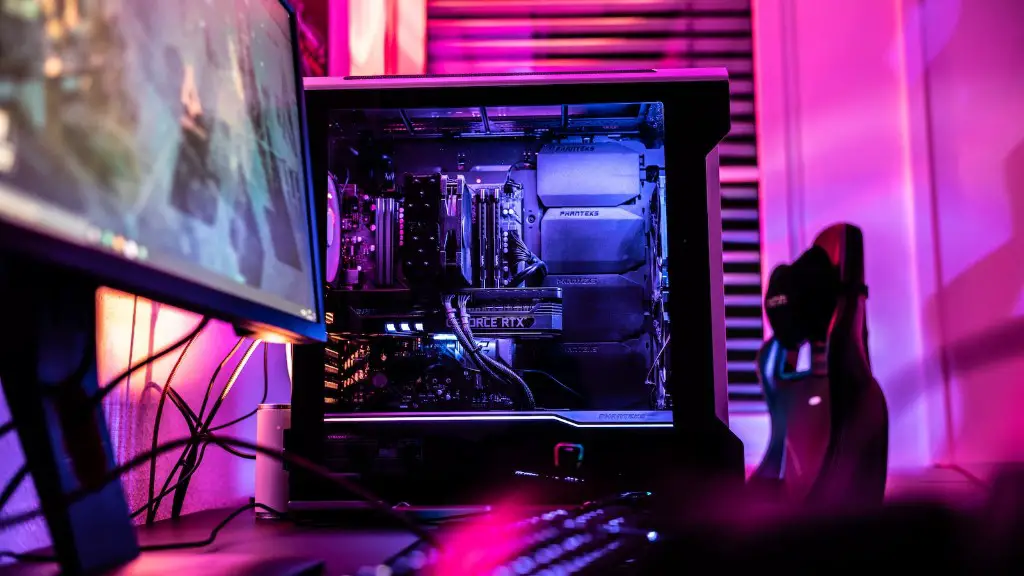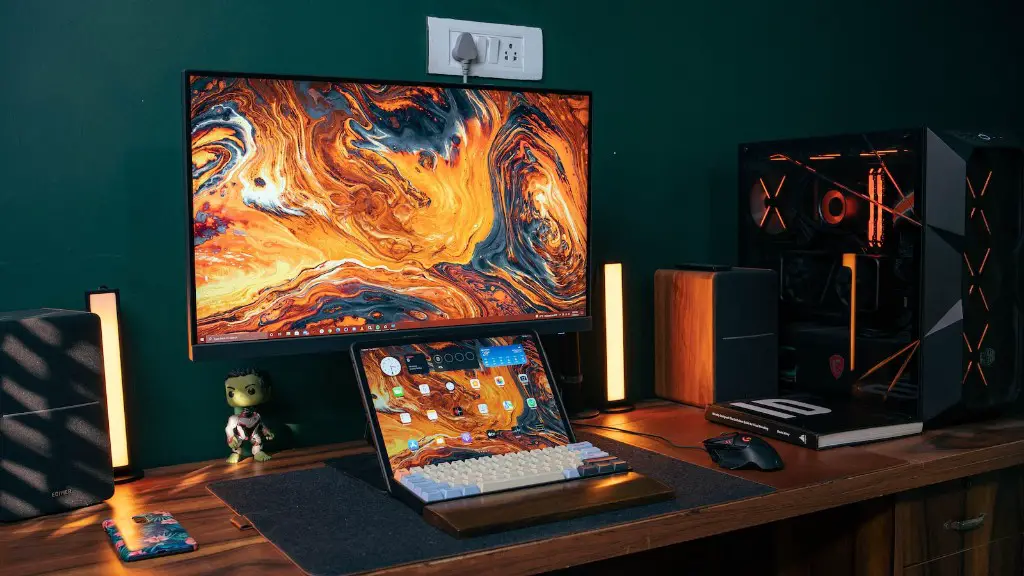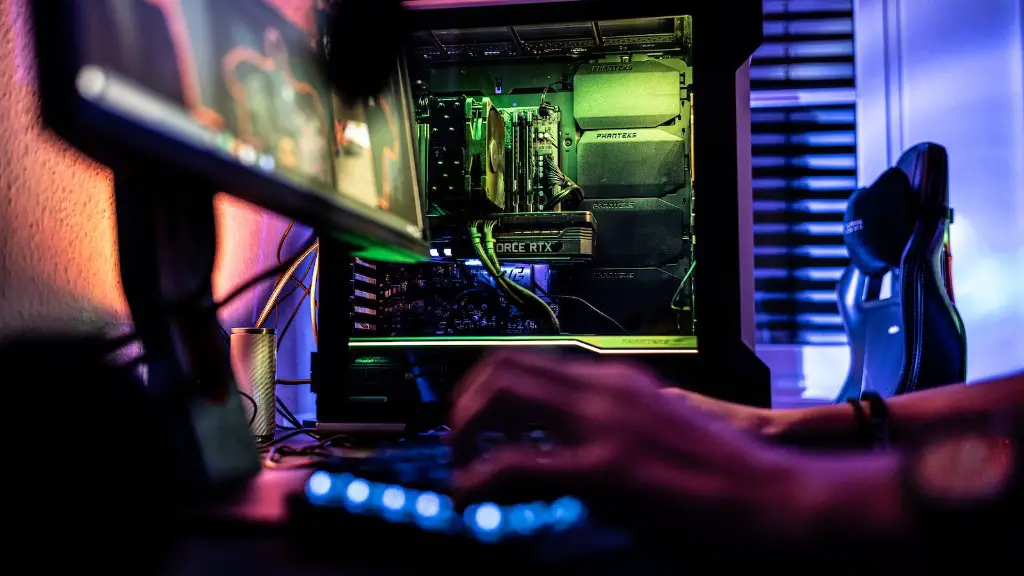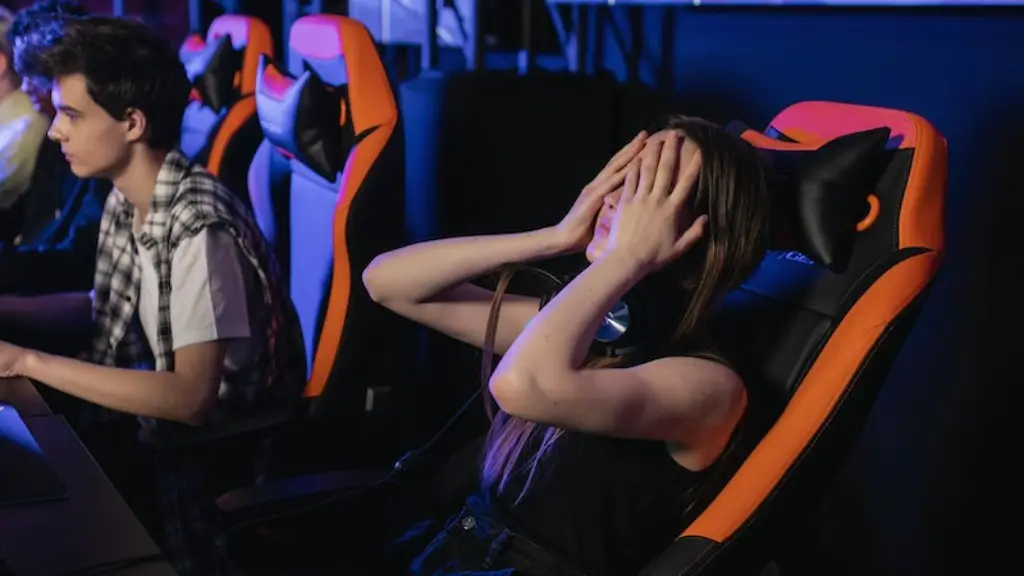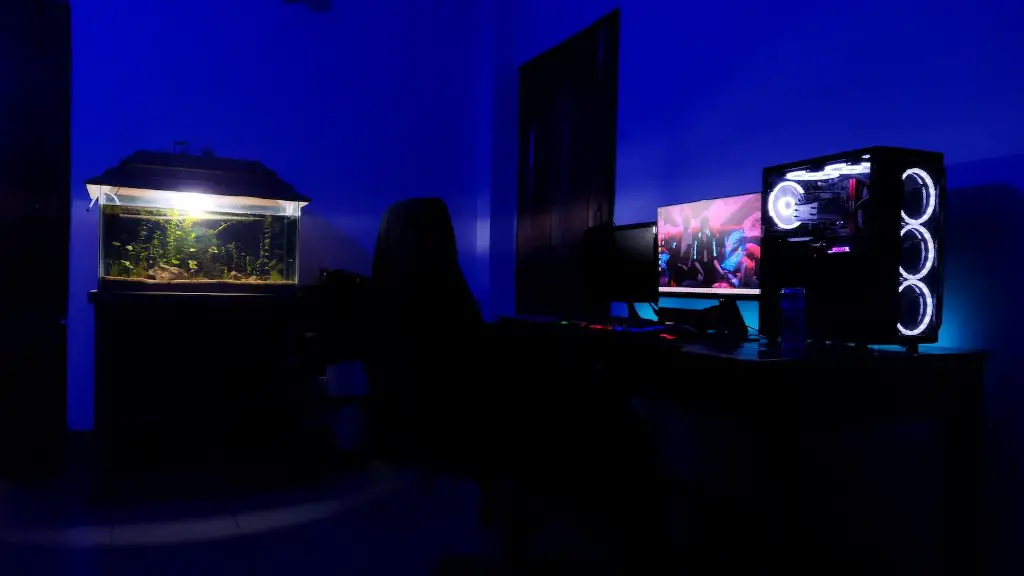Building your own gaming PC under an budget of $1000 is an accessible task that can provide the best gaming performance. With the right know-how and right hardware, you’ll be able to build an amazing gaming setup that rivals those found in higher end pre-built systems.
The first step is to create a pricing list for all the components you’re going to need for your gaming PC. Make sure you research the market for the best deals and aim to buy components from reputable brands. Generally, the more expensive the part, the better performance you’ll get from it.
For your gaming PC to perform well, the CPU (central processing unit) and GPU (graphics processing unit) should come first in the list. Intel’s i5–10600F and NVIDIA’s RTX 1660Ti will give you the best performance for your budget. Look for a motherboard that’s Z590 chipset-compatible and offers plenty of connectivity options with other components.
Building a gaming PC involves installing a lot of components, so make sure to buy a decent case that includes ample space and cooling options. A power supply of 550 watts is more than enough, as it’ll provide sufficient wattage to support all your components. The last of the components to install are RAM, storage, and peripherals. 8GB of RAM, a 500GB SSD, and a budget-friendly gaming mouse and keyboard are all you need.
Once all the components are installed and connected, the next step is to test the PC and make sure it works as intended. Check the temperatures and make sure none of the components are over-heating. Finally, secure the graphics card in place with a screwdriver, connect all the wires and plug in the power supply.
By following these steps, you’ll be well on your way to having a great gaming PC under $1000. With a bit of patience and the right know-how, you’ll have a reliable gaming machine that won’t let you down.
Choosing The Right Processor
The processor is one of the most important components of any gaming PC, as it determines how powerful your machine will be. A quad-core processor is a minimum requirement, while a six-core is strongly recommended; the more cores, the better the performance the processor can provide.
While AMD’s Ryzen chips are becoming increasingly popular with budget gamers, Intel still dominates the high-end market. Intel’s i5–10600F is an excellent choice for this budget, as it offers great value for money as well as incredibly smooth gaming performance.
Before choosing a processor, make sure to check the compatibility of your motherboard and case; some Intel processors require large-sized motherboards and cases for optimal performance.
Be sure to look out for the latest processor releases from both Intel and AMD, as newer models can significantly outperform older ones.
If you have a higher budget, consider upgrading to a better processor for improved overall gaming performance.
Choosing The Right GPU
The graphics processing unit (GPU) is arguably the most important gaming component, as it determines how well a game will run. Investing in a powerful GPU will eliminate the need to upgrade to 6GB RAM or higher.
While there is a wide range of graphics cards available in the market, NVIDIA’s RTX 1660Ti offers incredibly smooth gaming performance for its price. This card is capable of running most modern games at high settings, making it worth the investment.
Before you purchase a graphics card, make sure your case and power supply are large enough to accommodate it; larger and more powerful cards require more spacious internals and higher wattage. If your budget allows, opt for a top-of-the-line card that’ll future-proof your gaming PC for years to come.
Thanks to ever-increasing GPU efficiency, you don’t need to break the bank for improved gaming performance anymore. The RTX 1660Ti is the perfect example of this, as it provides entry-level gamers with the best gaming experience available.
Picking The Right Motherboard
Motherboards are the foundation of any gaming PC; they house all the vital components and ensure their efficient operation. For a gaming PC under $1000, you’ll need a good quality, Z590 chipset-compatible motherboard.
Generally, motherboards come in three varieties: ATX, mATX and mini-ITX. ATX motherboards offer the most amount of expansion slots and will be a good option for an entry-level gaming PC. mATX motherboards are smaller and cheaper; these are ideal for those who prefer a more compact build, while mini-ITX variants are the smallest but offer lesser expansion slots.
Look for a motherboard that has adequate connectivity ports and offers ample performance boost. Look out for popular brands like MSI, Gigabyte, ASRock and Asus; they provide high quality motherboards at relatively lower prices.
Choosing The Right Case
Finding the right case is a tricky task, as it needs to offer ample space and cooling options while looking aesthetically pleasing. Fortunately, there’s an abundance of quality cases available in the market that offer both form and function.
Steel and metal cases offer more durability and protection, while tempered glass cases are becoming increasingly popular for their gorgeous looks. Plastic cases are generally cheaper and are ideal for those who are on a tight budget; however, they provide lesser protection.
The size of the case also depends on the number of components you plan to fit; mid-tower cases offer ample space for most components, while full-tower or super-tower cases should be considered if you need higher expandability.
When it comes to cooling, go for cases with enough fan mounts and adequate airflow; this will ensure that your components remain cool even during intense gaming sessions.
Choosing The Right RAM
RAM is a vital component of any gaming PC, as it helps the processor in multitasking and speeds up data retrieval. It’s important to choose the right RAM to ensure optimal performance.
When selecting RAM, look for types such as DDR4 and make sure they are clocked higher than 2400MHz. A RAM of 8GB should be enough for most gaming purposes, while 16GB is ideal for faster multitasking and higher resolutions.
RAMs are available in a wide range of sizes and speeds, so be sure to consider the compatibility of your motherboard and processor before buying one. Brands like Corsair, G.Skill and HyperX are known for their reliable and high-speed RAMs.
Choosing The Right Storage Device
An important factor to consider when building a gaming PC is the type of storage device you select. If you’re looking for fast loading times and smooth multitasking, an SSD is your best bet.
SSDs are available in a wide range of sizes and speeds; the higher the capacity, the faster the loading times. However, if you’re on a budget, a 500GB SSD should be more than enough for gaming purposes. Brands like Samsung and Crucial are popular choices when it comes to buying SSDs.
If you need more space, you can opt for an HDD (hard disk drive). HDDs provide more storage capacity than SSDs, but at the cost of slower loading times. Generally, the faster the RPM, the better the performance you can expect from an HDD.
For budget gamers, an HDD of 4TB should be enough; however, if you need more room, look for an HDD of 8TB or higher. Popular hard drive manufacturers include Western Digital and Seagate.
Choosing The Right Peripherals
When building a gaming PC, don’t forget about peripherals like monitors, keyboards, and mice. Not only do these components provide extra convenience, but they also improve the overall gaming experience.
Monitors come in a variety of sizes and technologies, so it’s important to choose one that works best for you. 1080P monitors are still a popular choice, as they offer great image quality while remaining budget-friendly. If you want to future-proof your gaming experience, opt for a 1440P, 27-inch monitor.
When it comes to keyboards and mice, there are plenty of budget-friendly options available. Logitech and Razer are two brands that offer great gaming keyboards at relatively lower prices. For a mouse, opt for one with adjustable DPI and comfortable ergonomic shape.
Investing in a good quality gaming headset will bring your gaming experience to life, as it’ll provide surround sound that’ll make gaming much more immersive. Look out for headsets with active noise cancellation, comfortable earcups, and durable construction.
